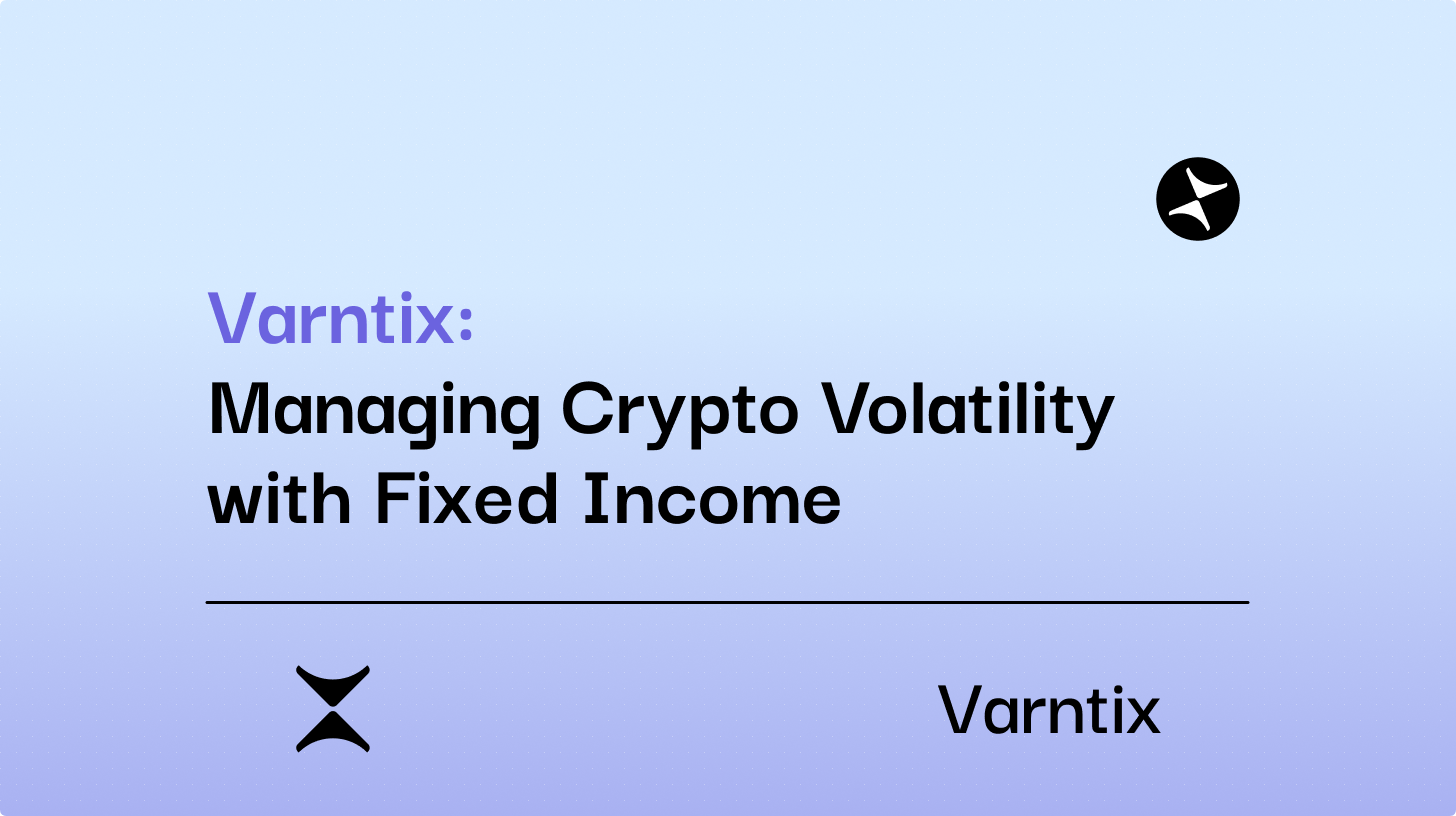Table of Contents
- An In-Depth Look at zk Rollups: Ethereum's Solution for Scalable Decentralized Apps
- Understanding the Core of zk Rollups: The Role of Zero Knowledge Proofs
- zk Rollups Explained: A Detailed Technical Overview
- The Advantages of zk Rollups: Enhancing Speed, Security, and Scalability
- Adopting zk Rollups: Insights for Developers
- Practical Applications of zk Rollups: Widening the Ethereum Landscape
- Exploring Beyond zk Rollups: The Future of Layer 2 Scaling Solutions
- Conclusion
- Common Questions Answered









